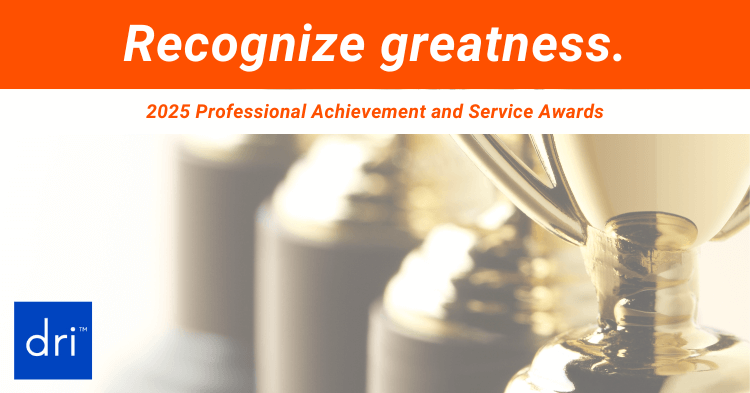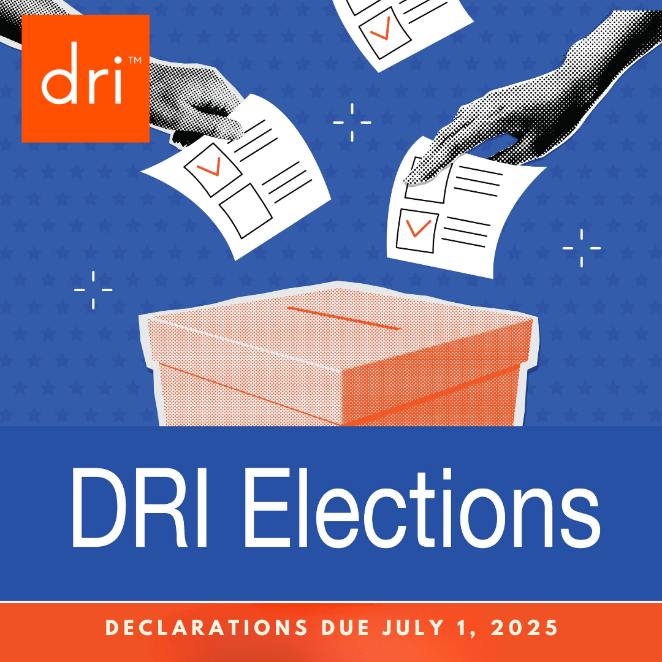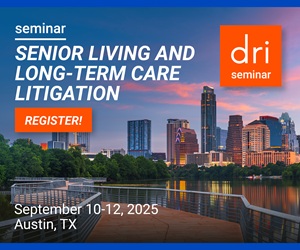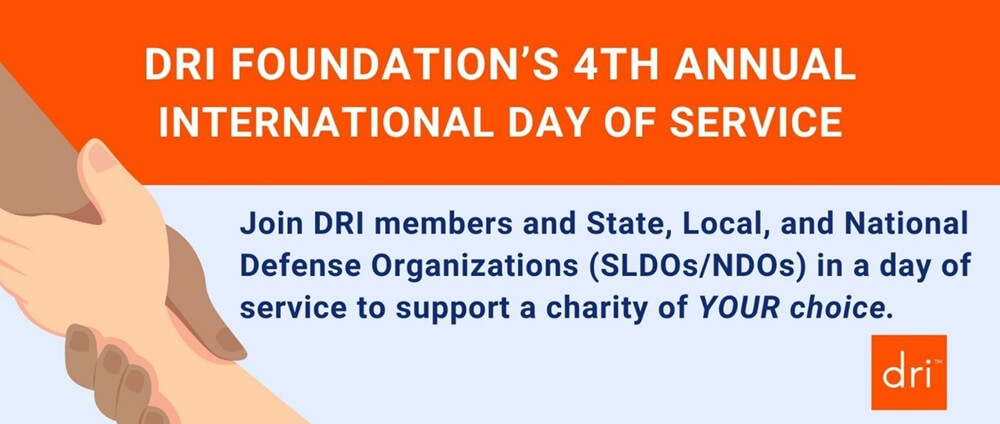Wellness is “the quality or state of being in good health especially as an actively sought goal.”[1] The idea of “well-being” takes the concept of “wellness” a step further by incorporating mental and emotional
health. In 2017, American Bar Association entities and other legal organizations came together to create the National Task Force on Lawyer Well-Being to urge action from the profession’s leaders to address overwhelming and startling statistics
of substance abuse, addiction and mental disorders in the profession.[2] The Task Force chose the term “well-being” based on the view that the terms “health” or “wellness” connote only physical health
or the absence of illness whereas the “definition of ‘lawyer well-being’ embraces the multi-dimensional concept of mental health and the importance of context to complete health.”[3]
Mindfulness, a term oftentimes uttered in the same conversation as “well-being” or “wellness,” is “the practice of maintaining a nonjudgmental state of heightened or complete awareness of one’s thoughts, emotions, or
experience on a moment-to-moment basis.”[4] Mindfulness involves “giving full attention to the present moment, in an intentional manner, using tools like meditation and yoga to focus on one's breath, a repeated mantra, or an
object or sound in one's environment.”[5]
Meditation – the practice of sitting in silence and focusing on just one’s breath - is mindfulness in practice. Meditation is just one example of a therapy to move us toward the goal of mindfulness and well-being. Not to be discounted is the
value of exercise. Physical movement, and lack thereof, impacts our ability to be mindful, and well, well. Anything that raises the heart rate can protect against cognitive impairment.[6] Socialization is another key to the well-being
recipe; studies show positive feedback loops between well-being and social relationships.[7] Keeping our minds active and engaged with new hobbies and interests is important as well, since learning something new relieves stress, thickens
the prefrontal cortex and builds new pathways within the brain.[8] But don’t forget to sleep! Consistent sleep is critical to memory processing and the removal of neurotoxins that threaten our health.[9]
Why is well-being a worthwhile goal for lawyers specifically?
Lawyers are prone to “trier stress” – stress from being judged – because of the oftentimes front facing nature of the work.[10] “Trier stress” can increase blood pressure and cortisol levels.[11] Mindfulness makes us “more immune to emotional hijacking and increases connection between prefrontal cortex and amygdala,” which “can facilitate learned resilience”[12] to trier stress. Mindfulness can also lessen
the “attention blink,”[13] which refers to “the blind spot in memory where a thought approaches your consciousness, then disappears before one has had time to fully grasp it.”[14] This “attention
blink” threatens a practitioner’s ability to process memories and learn new concepts.
Considering the more physical components of well-being, it cannot be overstated how exercise makes us smarter. Consistent physical movement can improve brain function and cognition as well as offset the negative effects of stress which can cause brain
atrophy.
[15] Physical activity produces brain-derived neurotropic factor, which acts “like a fertilizer for the brain,” by helping “the hippocampus grow new brain cells, safeguards existing neurons, encourages the synaptic connections
between brain cells, and protects against the harmful effects of stress.”[16] Movement has also long been known to be effective at combating symptoms of depression which are all too common in the legal profession as repeatedly conveyed
by surveys and studies. Exercise can be as effective at improving depressive symptoms as antidepressant medication and psychotherapy.[17]
Working toward, achieving, and maintaining well-being makes us better lawyers.
Mindful lawyering is simply practicing “with integrity amid challenging, stressful, and emotionally reactive situations.”[18] Mindful lawyering has “been shown to increase emotional intelligence, and more emotionally intelligent
lawyers are statistically more likely to be successful, outperform production and revenue expectations, report increased client satisfaction, and have lower healthcare and liability costs.”[19] Mindful lawyers are intentional and
avoid mistakes caused by the thoughtless use of forms and documents, pitfalls all too common in the practice given that many legal tasks can become rote and routine. Visualization – a practice that leverages the brain’s neuroplasticity
by envisioning objectives - helps lawyers conceptualize a courthouse, courtroom, jury, and judge prior to an important event.[20] Mindfulness in practice eases the effort needed to visualize and allows lawyers to execute strategy effectively
and surgically.
From an employer standpoint, fostering an environment of healthy attorneys increases the recruitment and retention of talent, the latter of which has been more difficult for employers of Millennial and Gen Z professionals who have made it clear that mental
health is a priority for them. Deloitte conducted global research on workers in 2021 based on post-COVID reports of high stress and anxiety. When asked to think about their top priorities beyond revenue and profit, “millennials and Gen Zs in
senior roles said that ensuring people have a good work-life balance and supporting employees' physical and mental health is the most important.”[21]
To make even more cents of this, well-being and mindfulness have proven to be profitable. An analysis conducted by academics at the University of Oxford and Harvard University found that investment in the top 100 US workplaces ranked by employee
well-being would have returned 20% more than the same investment in the S&P 500 or Dow Jones over the same two-year period (since 2021).[22] Despite this, they also found that employee well-being “appears to be undervalued by
the market” based on highly rated companies in terms of employee well-being being more likely to report earnings surprises and outperform analyst expectations, leading the authors to aptly note that there is an “untapped potential of investing
in employee wellbeing to promote business success.”[23] Happier and healthier lawyers also “equate to better risk, fewer claims, and greater profitability” in relation to lawyer’s professional liability carriers,
resulting in the “likelihood of premium reduction.”[24]
Beyond the benefits of lawyer well-being, many jurisdictions perceive such a state as a condition to competence.
ABA Model Rule of Professional Conduct 1.1 (Competence) states that lawyers owe a duty of competence to their clients. “Competent” representation is defined to require “the legal knowledge, skill, thoroughness and preparation reasonably
necessary for the representation.” The Task Force recommended that the ABA revise Rule 1.1 to more clearly include attorney well-being in the definition of “competence.” The ABA has yet to do so but several jurisdictions
have language in their respective Rules of Professional Conduct (RPC) incorporating features of “well-being” without explicit reference to the term.
For instance, since 1989, the State Bar of California has defined “competence” to include the ability to apply the learning and skill, and mental, emotional, and physical ability reasonably necessary for the performance of
such service.[25] In 2019, Vermont added comment 9 to its RPC 1.1, which reads: “A lawyer’s mental, emotional, and physical well-being may impact the lawyer’s ability to represent clients and to make
responsible choices in the practice of law. Maintaining the mental, emotional, and physical well-being necessary for the representation of a client is an important aspect of maintaining competence to practice law.”[26] Utah added
a similar comment to its RPC 1.1 in 2023.[27]
Some state bar associations, including those in North Carolina, Nevada, Oregon, and Vermont require attorneys to complete a set number of continuing legal education credits in wellness or related programming each compliance period.[28] Law
schools are making strides in the right direction early in a practitioner’s career, in part, based on ABA accreditation Standard 303, amended in February 2022 to require law schools to provide substantial opportunities for students to develop
“professional identities” during their studies.[29] The ABA instructs that the development of these “professional identities” should “involve an intentional exploration of the values, guiding principles, and
well-being practices considered foundational to successful legal practice.”[30]
Putting the concepts into practice.
If you missed May maintenance, not to worry, here are some things you can do 365 days a year:
- Meditation – A quickie meditation (even just 2 minutes) focused on grounding (noticing how your feet connect to the ground) and breathing - with a focus on slow, measured breaths - can be done anywhere without anyone knowing you are
doing it.[31]
- Regular workouts – Meet yourself where you are. If you have not prioritized movement, start small and gradually increase volume and intensity based on how your body feels.
- Weekly social events with family and non-law friends – Breaks from contact with lawyer brains and seeing situations from other points of view is balance in action.
- Sleep hygiene and practice - Try creating and sticking to a schedule. Our bodies crave routine, and they will thank you for it.
- Take up a new hobby – Resist the urge to put pressure on yourself with this one. Hobbies should be FUN!
With this, continue on your road to success, but don’t forget to check the dash lights!
 Nicole Carnevale serves as Counsel, Litigation & Dispute Resolution at Eversource in Westwood, Massachusetts. She is the Publications Chair of the Corporate Counsel Committee.
Nicole Carnevale serves as Counsel, Litigation & Dispute Resolution at Eversource in Westwood, Massachusetts. She is the Publications Chair of the Corporate Counsel Committee.
[1] Wellness, MERRIAM-WEBSTER, https://www.merriam-webster.com/dictionary/wellness
[2] National Task Force on Lawyer Well-Being (August 14, 2017), Creating a Movement to Improve Well-Being in the Legal Profession https://lawyerwellbeing.net/wp-content/uploads/2017/11/Lawyer-Wellbeing-Report.pdf
[3] Id. at 10.
[4] Mindfulness, MERRIAM-WEBSTER, https://www.merriam-webster.com/dictionary/mindfulness
[5] Leila Lawlor, Building Belonging: Proven Methods to Decrease Attrition and Best Serve Law Students, 91 Tenn. L. Rev. 165, 187 (Fall, 2023).
[6] Debra Austin, Windmills of Your Mind: Understanding the Neurobiology of Emotion, 54 Wake Forest L. Rev. 931, 936 (2019).
[7] Jan-Emmanuel De Neve, Micah Kaats and George Ward, Workplace Wellbeing and Firm Performance (Wellbeing Research Centre, Oxford, Working Paper Series No. 2304, May 2023) at 23, https://ora.ox.ac.uk/objects/uuid:8652ce7e-7bde-449f-a5e7-6b0d0bcc3605/files/s6d56zz16v
[8] Norina Melita, Emotional intelligence, distancing, and learning a new skill as strategies to combat the deleterious effects of emotional labor on attorney wellbeing, Front. Behav. Neurosci. 17:1221145 (July 26, 2023), https://www.frontiersin.org/journals/behavioral-neuroscience/articles/10.3389/fnbeh.2023.1221145/full
[9] Austin, supra at 936.
[10] Melita, supra at 05.
[11] Id. at 05.
[12] Id.
[13] Id.
[14] Id.
[15] National Task Force on Lawyer Well-Being, supra at 54.
[16] Austin, supra at 942.
[17] National Task Force on Lawyer Well-Being, supra at 53-54.
[18] Lyda Creus Molanphy, Mindful Lawyering: Incorporating Mindfulness into the American Bar Association’s Model Rules of Professional Conduct, 15 st. mary’s j. on legal malpractice & ethics 162, 169 (2025).
[19] Id. at 184.
[20] Austin, supra at 971.
[21] Deloitte Global Talent, Millennials and Generation Z – making mental health at work a priority (June 2021), https://www2.deloitte.com/content/dam/Deloitte/global/Documents/About-Deloitte/gx-deloitte-2021-mental-health-millennials-white-paper.pdf
[22] De Neve, et al., supra at 6.
[23] De Neve, et al., supra at 7.
[24] National Task Force on Lawyer Well-Being, supra at 43.
[25] California Rule of Professional Conduct 1.1 (Competence) (effective 2018 through present); California Rule of Professional Conduct 3-110 (Failing to Act Competently) (effective 1989 through 2018) (emphasis added).
[26] Vermont Rule of Professional Conduct 1.1, comment 9 (emphasis added).
[27] Utah Rule of Professional Conduct 1.1, comment 9.
[28] Aric Short, Putting the Lawyer First: Framing Well-Being in Law as an Ethical Dilemma, 75 Mercer Law Review 1409, 1430-31 (2024).
[29] Lawlor, supra at 186.
[30] Lawlor, supra at 187, quoting American Bar Association, ABA Standards and Rules of Procedure for Approval of Law Schools 2023-2024, Ch. 5, Std. 303, Interpretation 303-5.
[31] Austin, supra at 967-68.



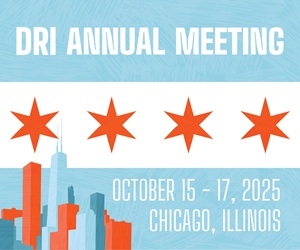
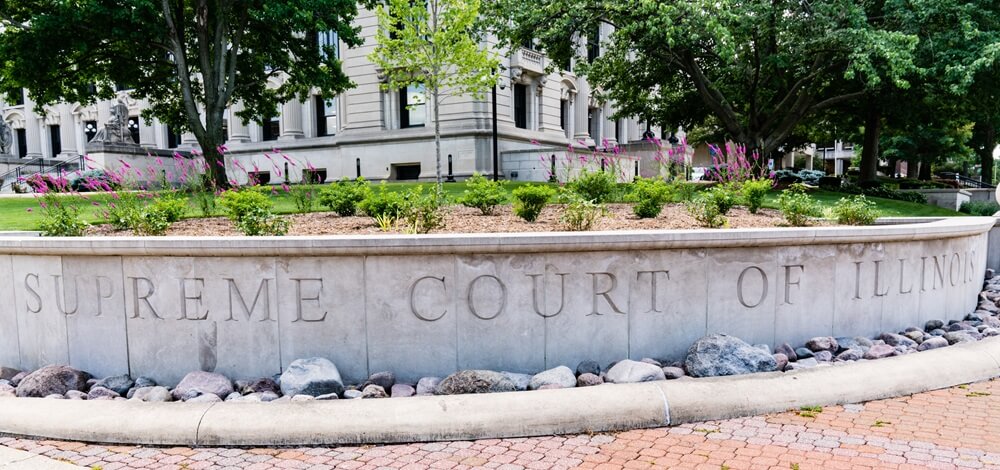
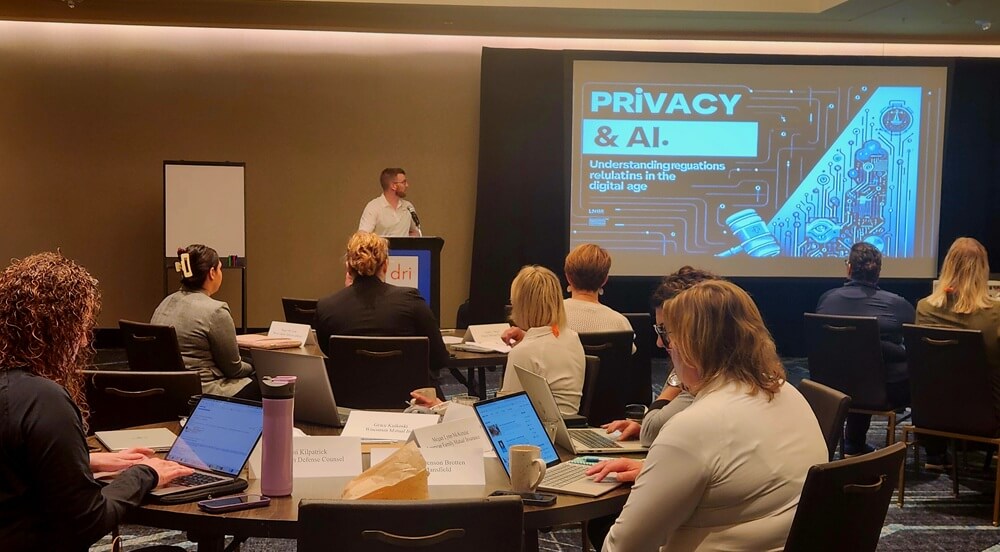

 Nicole Carnevale serves as Counsel, Litigation & Dispute Resolution at Eversource in Westwood, Massachusetts. She is the Publications Chair of the Corporate Counsel Committee.
Nicole Carnevale serves as Counsel, Litigation & Dispute Resolution at Eversource in Westwood, Massachusetts. She is the Publications Chair of the Corporate Counsel Committee.
.jpg?sfvrsn=98b33dd5_1)

